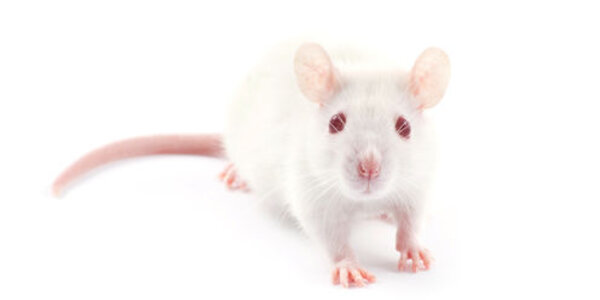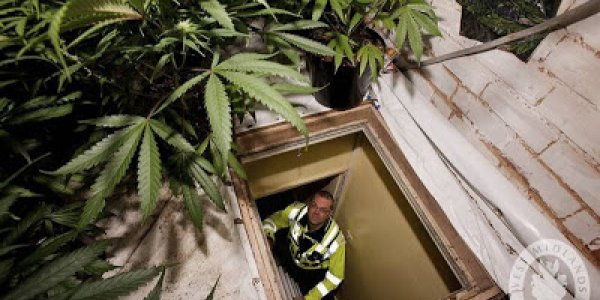More competitive animal species, with males that compete intensively for mates, might be more resilient to the effects of climate change, according to a paper in Proceedings of the Royal Society B. Sexual selection can provide a buffer against climate change and increase adaptation rates within a changing environment, the authors believe.
Moths exposed to increasing temperatures were produced more eggs and had better offspring survival when the population had more males competing for mating opportunities, three males for every female.
Several populations of the Indian meal moth Plodia interpunctella were established with either a male-biased sex ratio of three males for every female (strong competition) or a female-biased sex ratio of one male for every three females (weak competition). The team then gradually increased the temperature that they were reared at by 2°C every other generation.
As temperature increased beyond the normal range for these animals, populations showed declines in the number of eggs produced per female and also in the survival of offspring to adulthood. The populations kept with a male-biased sex ratio, however, were more resilient to increasing temperatures. Production of offspring and survival rates were still affected, but significantly less than in the female-biased populations.
The team extended the study by comparing females who were allowed to choose their mates with females who were only given a single option of a male to mate with. They found that when females were allowed to be choosy they also laid more eggs and had better offspring survival in the face of increasing temperatures. These positive effects of sexual selection may, however, be too small to protect populations and delay extinction when environmental changes are relatively rapid.
PhD student and lead author Jon Parrett from Queen Mary’s School of Biological and Chemical Sciences said: “Climate change is altering environments all over the world in a variety of ways, with increases in temperature of several degrees being likely in many places. It is vitally important that we understand how animal populations will respond to these changing environments. Our study is the first to look at how sexual selection affects an animal population’s ability to respond to gradual increases in temperature.”




